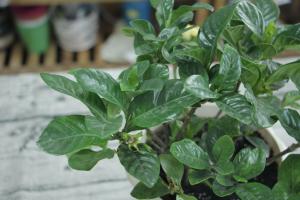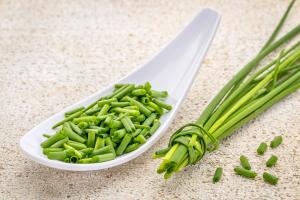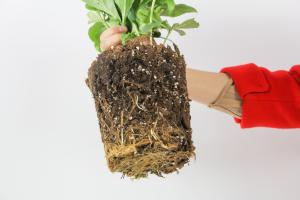Introduction:
Pepper plants are widely cultivated all over the world and are used as a spice, vegetable, and medicine. Their demand and cultivation have increased in recent years due to their high nutritional values and medicinal properties. One of the vital nutrients required for pepper plants is nitrogen. It plays a vital role in the growth and development of pepper plants.
The Significance of Nitrogen for Pepper Plants:
Nitrogen is one of the essential macronutrients required for plant growth. It is a vital component of chlorophyll, the pigment responsible for the green color of plants. It also plays a significant role in the synthesis of amino acids, proteins, enzymes, DNA, and RNA. Nitrogen is required for various functions such as photosynthesis, respiration, and cell division in plants. Therefore, it is essential to provide pepper plants with sufficient nitrogen for their optimum growth and yield.
How Nitrogen Affects Pepper Plants:
Nitrogen affects pepper plants in several ways. An adequate supply of nitrogen enhances the growth of the plant's vegetative parts, such as leaves, stems, and roots. This results in larger and healthier plants, which are more resistant to pests and diseases. Nitrogen also increases the size and number of fruits produced by the plant, which leads to higher yields. However, excess nitrogen can have adverse effects on pepper plants. Overfertilization with nitrogen can cause the plant to focus on producing excessive foliage at the expense of fruit formation.
Nitrogen Deficiency Symptoms in Pepper Plants:
Nitrogen deficiency in pepper plants can cause stunted growth, yellowing of leaves, and reduced fruit production. The leaves of a nitrogen-deficient plant become pale green to yellowish in color, and the veins become visible. Eventually, the leaves turn completely yellow and fall off. The pepper plant becomes weak, more susceptible to pests and diseases, and may produce smaller, lower quality fruits.
The Best Sources of Nitrogen for Pepper Plants:
There are several sources of nitrogen that can be used for pepper plants. Organic sources, such as compost, manure, and fish emulsion, are an excellent source of nitrogen as they release it slowly and provide other beneficial nutrients for the plants. Synthetic nitrogen fertilizers such as ammonium nitrate, urea, and ammonium sulfate are also widely used. However, it is essential to follow the instructions carefully and avoid overfertilization, as it can have adverse effects on the plant's growth and development.
Conclusion:
Nitrogen is a crucial nutrient for pepper plants, affecting their growth, development, and yield. Providing pepper plants with the right amount and type of nitrogen is essential for their optimum growth and productivity. Therefore, farmers and gardeners need to understand the importance of nitrogen and its effects on pepper plants to make informed decisions about fertilization and other cultural practices.

 how many times do yo...
how many times do yo... how many planted tre...
how many planted tre... how many pine trees ...
how many pine trees ... how many pecan trees...
how many pecan trees... how many plants comp...
how many plants comp... how many plants can ...
how many plants can ... how many plants and ...
how many plants and ... how many pepper plan...
how many pepper plan...































